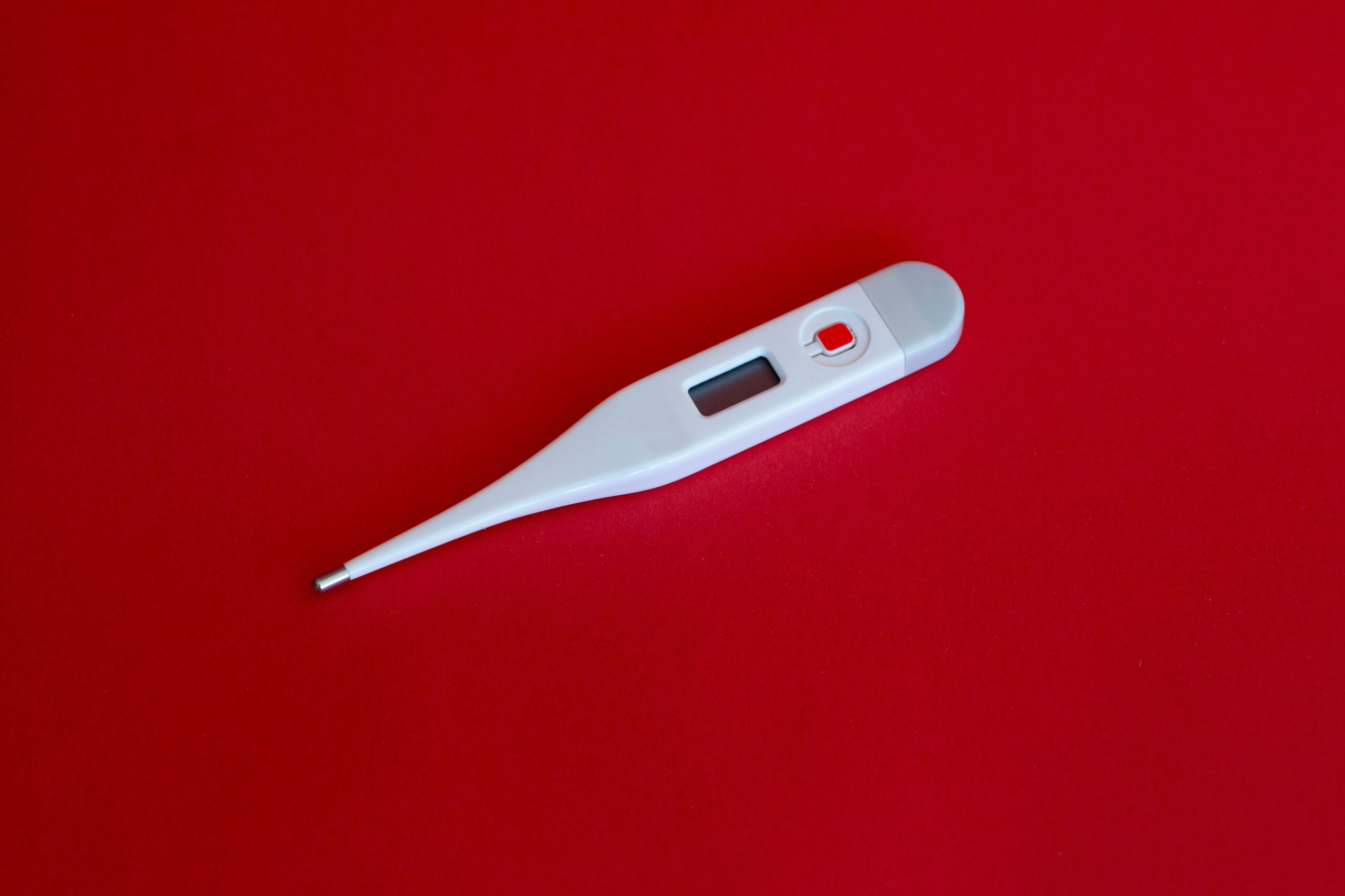Introduction
Diabetes Mellitus is a chronic condition that affects millions of people worldwide. It is characterized by high blood sugar levels and can lead to various complications if not managed properly. One of the areas that diabetes can have a significant impact on is the eyes.

1. Diabetic Retinopathy
Diabetic retinopathy is the most common eye complication associated with diabetes. It occurs when high blood sugar levels damage the blood vessels in the retina, the light-sensitive tissue at the back of the eye. Over time, this can lead to vision loss and even blindness if left untreated.
2. Cataracts
Cataracts are another common eye condition that can be accelerated by diabetes. A cataract is a clouding of the eye’s lens, which can cause blurry vision and difficulty seeing clearly. People with diabetes are at a higher risk of developing cataracts at an earlier age compared to those without diabetes.
3. Glaucoma
Glaucoma is a group of eye diseases that can damage the optic nerve and lead to vision loss. Diabetes increases the risk of developing glaucoma, as high blood sugar levels can cause increased pressure in the eyes. Regular eye exams are crucial for early detection and treatment of glaucoma.
4. Diabetic Macular Edema
Diabetic macular edema (DME) is a condition that affects the macula, the central part of the retina responsible for sharp central vision. It occurs when fluid leaks into the macula, causing swelling and vision problems. DME can lead to significant vision loss if not managed effectively.
5. Dry Eyes
Diabetes can also cause dry eyes, a condition characterized by a lack of sufficient lubrication and moisture on the surface of the eyes. This can lead to discomfort, redness, and a gritty sensation in the eyes. Proper eye care and the use of artificial tears can help alleviate these symptoms.
Conclusion
Diabetes Mellitus can have a profound impact on the health of the eyes. It is important for individuals with diabetes to manage their blood sugar levels effectively and undergo regular eye exams to detect and treat any potential complications early on. By taking proactive measures, individuals with diabetes can help preserve their vision and maintain good eye health.



